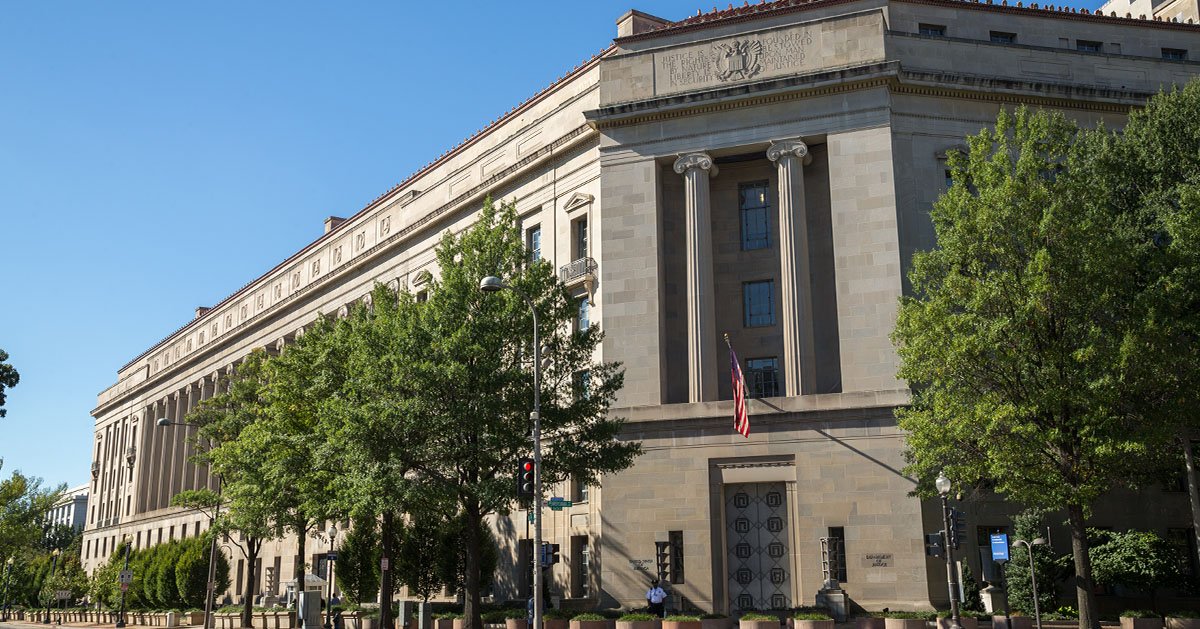






Gov. Kevin Stitt, Oklahoma’s Republican stalwart, is stepping into the National Governors Association chairmanship with a sharp rebuke for Democratic colleagues threatening to ditch the bipartisan group.
Fox News reported that incoming NGA chair Stitt expressed frustration over reports that Democratic Govs. Tim Walz of Minnesota and Laura Kelly of Kansas plan to halt their membership dues, citing dissatisfaction with the NGA’s response to President Trump’s second term, a move Stitt sees as undermining the group’s nonpartisan mission.
He’s not wrong—turning a bipartisan forum into a political boxing ring risks alienating governors who prioritize results over grandstanding.
The controversy surfaced just before the NGA’s summer meeting in Colorado Springs, Colorado, where discussions with federal officials like Education Secretary Linda McMahon were set to take center stage.
The Atlantic reported that Walz and Kelly, prominent Democrats, are leading the charge to withhold dues, a decision tied to the NGA’s perceived weak stance against Trump’s policies.
Kelly, who chairs the Democratic Governors Association, has been vocal in opposing the administration, while Walz, a former vice presidential candidate, continues to criticize Trump as he eyes a third term as Minnesota’s governor. Their actions suggest a calculated pivot to score political points, but it’s a gamble that could fracture the NGA’s unity.
Stitt, a business-minded leader, called the Democrats’ move “disappointing,” arguing that governors should focus on shared goals like tackling the nation’s $36 trillion debt.
“We shouldn’t be playing politics like they do in Washington, D.C.,” he told Fox News Digital, a sentiment that resonates with conservatives tired of partisan gridlock. His plea for collaboration isn’t just rhetoric—it’s a reminder that governors can achieve more by working together than by storming off in a huff.
The NGA’s summer meeting, hosted in Colorado Springs, marks the transition from outgoing chair Gov. Jared Polis of Colorado to Stitt, with Maryland’s Gov. Wes Moore stepping in as vice chair.
Polis, a Democrat, has championed bipartisan efforts on issues like education and resisting federal overreach on National Guard authority. Yet, the reported Democratic discontent threatens to overshadow these accomplishments, casting a shadow over the meeting’s agenda.
Democratic governors’ frustration stems from the NGA’s response to Trump’s policies, particularly when federal funding was paused earlier this year.
Some, according to The Atlantic, felt the NGA didn’t push back hard enough. This criticism feels like a stretch—expecting a bipartisan group to wage war on a sitting president risks turning it into just another partisan echo chamber.
Eric Wohlschlegel, NGA’s communications director, defended the organization’s approach, stating, “Every public statement NGA issues reflects bipartisan consensus.”
He noted that all but one statement this year achieved that consensus, and when agreement falters, the NGA simply stays silent. This disciplined approach preserves the group’s role as a neutral convener, a principle Wohlschlegel insists won’t be compromised.
When governors don’t agree, the NGA avoids issuing statements, a policy that underscores its commitment to bipartisanship over political posturing. “That’s how we preserve our role as a bipartisan convener,” Wohlschlegel said. It’s a pragmatic stance, but one that irks Democrats eager to flex their anti-Trump muscles.
A source familiar with the situation pinned the controversy on “Democratic infighting” and “unspoken campaign jockeying,” suggesting some governors are using the NGA to boost their political profiles.
No governors have publicly confirmed their discontent, and no allegations of NGA mismanagement have surfaced. This lack of transparency raises questions about whether the dues dispute is more about optics than substance.
Stitt didn’t mince words, calling it “frustrating” when Democrats relentlessly target Trump instead of seeking common ground. “Do you want your leaders to take their ball and go home just because they get mad at something?” he asked. His point cuts deep—governors who abandon the NGA over policy disagreements risk looking like sore losers, not problem-solvers.
Polis’s spokesperson, Conor Cahill, emphasized the outgoing chair’s pride in leading the NGA and working across the aisle on issues like education and permitting reform.
“During this polarizing time, bipartisan organizations are needed more than ever,” Cahill said. It’s a noble sentiment, but one that Democratic dissenters seem eager to ignore in favor of partisan point-scoring.
The NGA’s summer meeting featured 13 Republican and seven Democratic governors, a testament to its broad appeal despite the brewing tension.
Discussions with Health and Human Services Secretary Robert F. Kennedy Jr. highlighted the group’s focus on practical governance. Yet, the specter of Democratic walkouts loomed large, threatening to derail the collaborative spirit.
Abegail Cave, Stitt’s spokesperson, reminded critics that the NGA “is a bipartisan organization, not a political one.” This simple truth seems lost on governors like Walz and Kelly, whose due protest risks turning a forum for state-level solutions into a battleground for national politics. The NGA’s mission, as Wohlschlegel put it, “hasn’t changed,” but Democratic actions could force it to.
Some Democratic grievances, like Gov. Janet Mills’ clash with Trump over transgender athletes in women’s sports, reflect deeper ideological divides.
Trump’s recent authorization of the National Guard in California amid anti-ICE protests further fueled tensions. These flashpoints, while significant, don’t justify dismantling a bipartisan institution that’s served governors well for decades.



